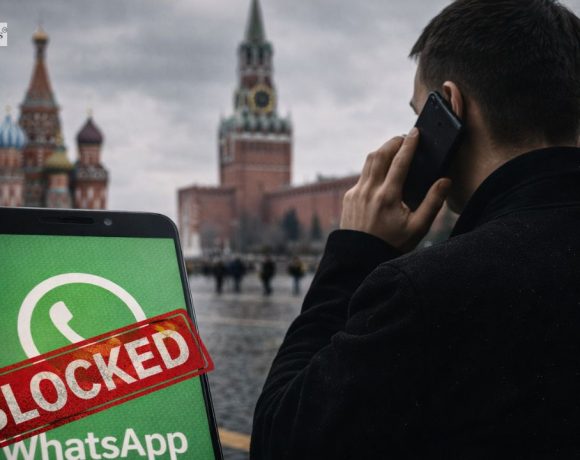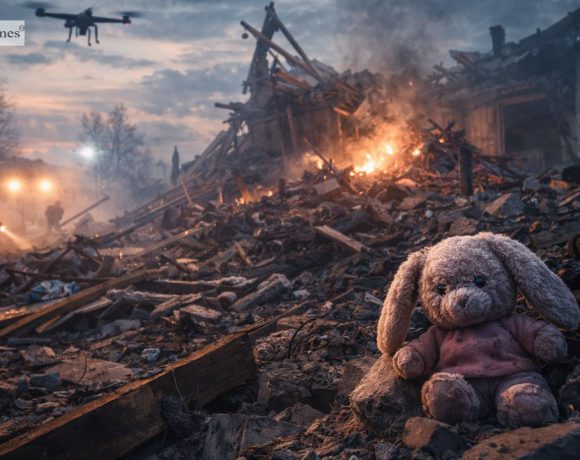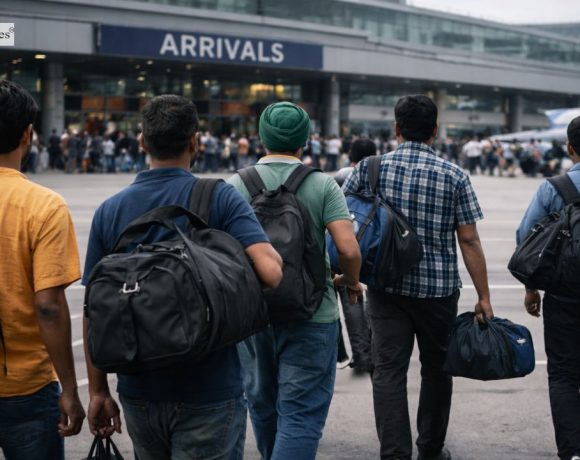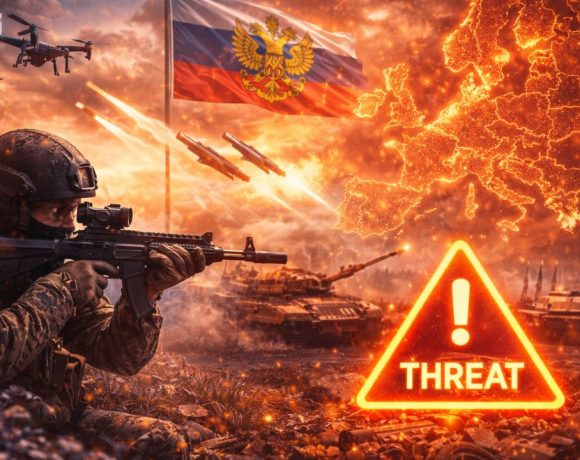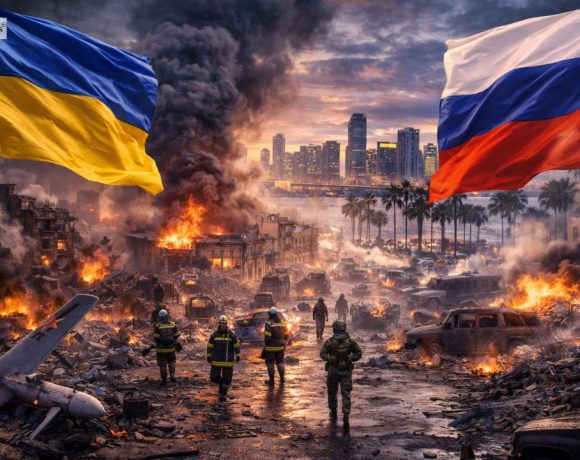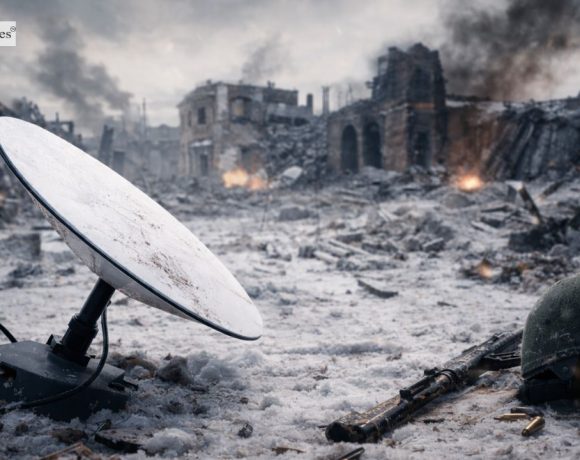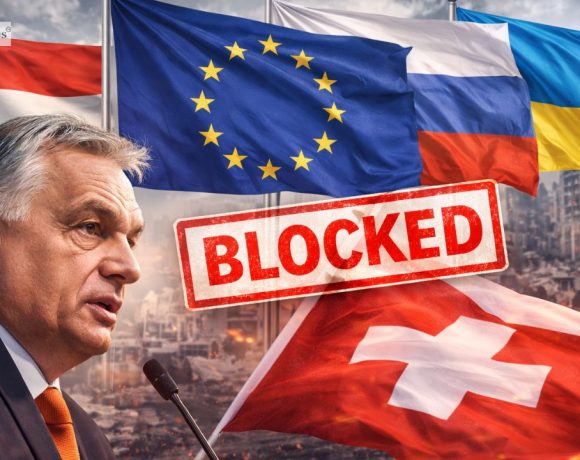
Hungary has vowed to block the European Union’s latest sanctions package against Russia and a proposed 90-billion-euro loan for Ukraine, escalating tensions ahead of the fourth anniversary of Moscow’s full-scale invasion. The dispute centres on the disruption of Russian oil supplies through the Druzhba pipeline, which Budapest and Slovakia say has undermined their energy security. Hungarian Prime Minister Viktor Orban has indicated that Hungary will withhold support for the measures until the issue is resolved.
EU foreign ministers meeting in Brussels urged Hungary to reconsider, warning that unity is crucial as the war drags on. Ukrainian President Volodymyr Zelenskiy, in an interview with the BBC, said Russian leader Vladimir Putin had “already started” World War Three and called for intensified global pressure on Moscow. Meanwhile, U.S.-led diplomatic efforts to broker peace have yet to yield a breakthrough, with recent talks in Geneva failing to produce progress.
The standoff comes as Russian drone strikes killed two people in Ukraine’s southern Odesa region, according to Ukrainian officials, while Kyiv claims it has regained control over parts of the southern frontline. Hungary and Slovakia have also warned they could halt emergency electricity exports to Ukraine if oil flows via Druzhba are not restored. The clash underscores deep divisions within the EU as it seeks to maintain pressure on Russia while managing internal political and energy challenges.
Pic courtesy: google/ images are subject to copyright


